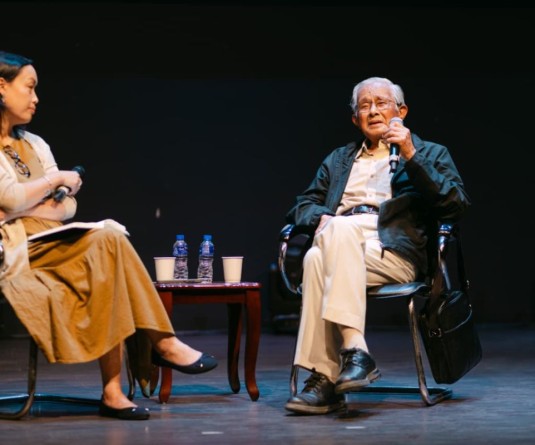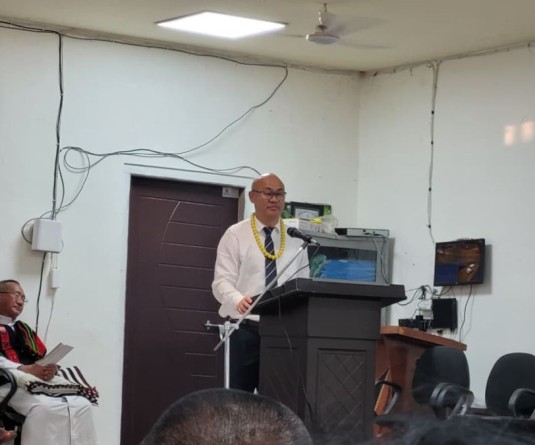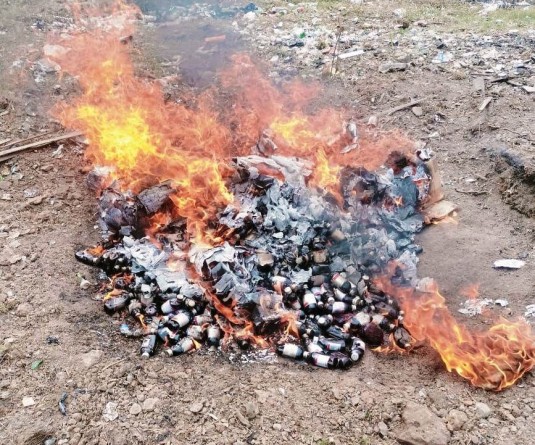
Dimapur, July 27 (MExN): Although the inhumane nature of India’s Armed Forces (Special Powers) Act of 1958 has been exposed repeatedly proving itself to be an instrument of death, terror and violence, the Indian government continues to use it. The Asian Legal Resource Centre today reminded that another consequence of the AFSPA is the indirect promotion of insurgency. The black law is fueling militancy and encouraging sentiments of reprisal in the north eastern states, thanks to the wanton atrocities committed under the Act against NE’s peoples.
The Hong Kong-based Asian Legal Resource Centre is an independent regional non-governmental organization holding general consultative status with the Economic and Social Council of the United Nations. It is a sister organization of the Asian Human Rights Commission.
The ALRC stated: “Despite the impunity provided by the law, the armed forces are not successful in reducing armed insurgency in places where AFSPA is enforced and on the contrary, it has increased. Violence committed with impunity by both the state and non-state actors have alienated the population from the state.”
The ALRC cited the terror of 5th November 2000, the day infamous for the Malom massacre in Manipur. On that day, the Assam Rifles, a paramilitary unit stationed in the state, killed 10 civilians including women and children in an inhumane and vengeful act of retaliation to an earlier ambush staged by armed insurgents against the Assam Rifles. On 5th November 2010, Irom Chanu Sharmila, a Manipuri poet and Human Rights defender, will complete ten years of indefinite hunger strike in Imphal, Manipur state. Sharmila started her fast on 5th November 2000, the day of the ugly Malom massacre in Manipur.
The AFSPA provides special powers to arrest, detain and kill civilians even on mere suspicion. The Act also empowers armed forces to search and destroy properties on mere suspicion in ‘disturbed areas’. It is widely used in the Northeastern states and in Jammu and Kashmir. Wherever AFSPA is in operation, enforced disappearances, extra-judicial executions, torture, rape and arbitrary detention are a common occurrence.
“A decade since the massacre, while the justice system of India is dragging its feet and has failed to finish even a preliminary inquiry into the incident, Sharmila has become the most powerful voice of democratic dissent in the country through her silent protest against armed violence, committed by the state and non-state actors. She has been insisting that she will end her fast only when the Armed Forces (Special Powers) Act of 1958 is repealed, a prerequisite to end armed insurgency in Manipur,” the ALRC said in a statement earlier.
“Even though the inhuman nature of AFSPA has been exposed repeatedly proving that it is an ill-conceived law that perpetuates innumerable violence and inconsolable misery against the people, it is still enforced,” the ALRC said. On the other hand, it said, Sharmila, an icon of protest against the black law is treated like a petty criminal, charged for attempting to commit suicide.
“Her struggle lies not only in defending the basic and fundamental human rights of the people, but also questions the very foundations of Indian democracy which venerates Mahatma Gandhi and his principles of ahimsa or non-violence,” Asian Legal Resource Centre said.
In 1958 when the Indian Union Home Minster introduced the law in the Parliament, he assured that the Act would be in operation for a mere 6 months. 52 years since then, the law is still in operation in states like Manipur. AFSPA provides statutory impunity to state security agencies. It negates the human rights framework envisaged in the constitution of India as well as the international human rights instruments India is party to. AFSPA is fundamentally a curse to freedom and undermines democratic values.
In 1997, the UN Human Rights Committee stated that by imposing AFSPA, the government of India is in fact using emergency powers without resorting to the procedures laid down in the International Covenant of Civil and Political Rights. Again in 2007, the Committee on the Elimination of Racial Discrimination unequivocally urged the government of India to repeal the Act within one year. During her visit to India in March 2009, the High Commissioner for Human Rights urged the government of India to repeal this Act.
The Committee to Review the Armed Forces (Special Powers) Act, 1958 setup by the Union Home Ministry led by Justice Jeevan Reddy, a former Judge of the Supreme Court; the Second Administrative Reforms Commission, headed by the current union law minister, Veerappa Moily; and the Working Group on Confidence-Building Measures in Jammu and Kashmir led by the present Vice President of India, Hamid Ansari, have all recommended the repealing of AFSPA. Since the last winter session of the Indian Parliament, an Armed Forces (Special Powers) Amendment Bill has been placed before the Parliament. However, the text of the Bill is not yet made public. To say the least, the people residing in the states where this draconian law is enforced are not consulted concerning this Bill.






